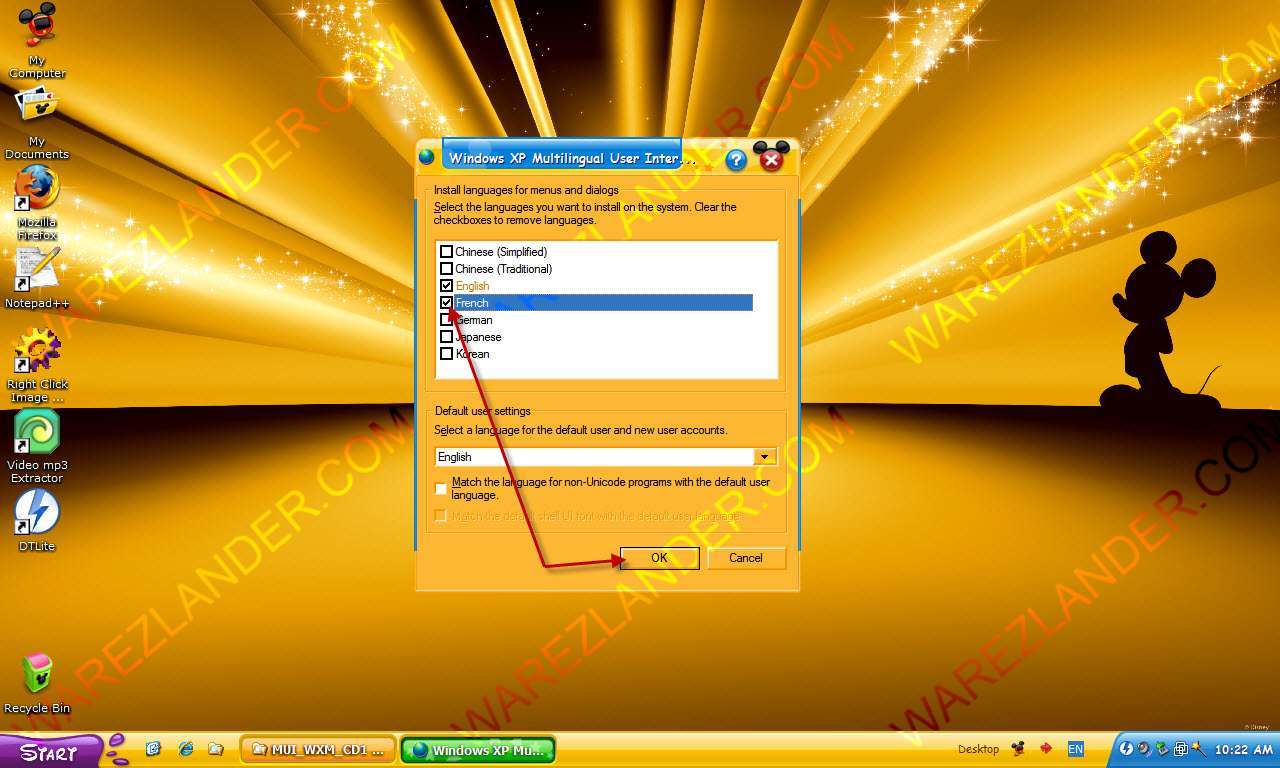
Windows XP Professional x64 Edition OEM with sp2. Discussion in 'Windows XP / Older OS' started by bla, Jun 1, 2009.
Share this story • • • As per the, Windows XP Service Pack 3 (SP3) has been uploaded to Microsoft's servers. Currently, the final build is only available on the download.windowsupdate domain in the following languages:,,,,,,,,,,,. According to Microsoft TechNet, the 300MB+ x86 standalone installer (build 5512) be available today on the Microsoft Download Center nor on. There will be no x64 version of SP3 released; Windows XP x64 will be updated at the same time Windows Server 2003 is updated, since it is derived from the codebase of the latter.
Although Microsoft has still to confirm the date, SP3 should be rolled out via Automatic Updates on June 10, 2008. The service pack contains all previously-released Windows XP updates, including security updates, out-of-band releases, and hotfixes released since Windows XP SP2 hit Microsoft's servers back in. There are reportedly 1,073 fixes in SP3, as well as various. Every service pack Microsoft releases is cumulative, meaning it is possible to install (or slipstream) SP3 onto Windows XP SP1/SP2. Windows Internet Explorer 7 is not included as part of SP3 and still must be downloaded and installed separately (unless it is already installed). With SP3, Microsoft has, including Network Access Protection (NAP) in order 'to help organizations that use Windows XP to take advantage of new features in the operating system.'
The four features that are no longer Vista-specific are as follows: • NAP is a policy enforcement platform meant for enterprise use that blocks systems attempting to access a network until they meet whatever security criteria the corporation has in place. • 'Black Hole' Router Detection helps detect and protect end users from a router that drops packets without returning the specified Internet Control Message Protocol response. • Microsoft Kernel Cryptographic Module incorporates cryptographic algorithms in a single module other kernel mode drivers are capable of hooking into and accessing.
Prinuditeljnaya ustanovka gvlk kak eto sdelatj. • The new Product Activation module allows users to install XP without entering a product key at installation. Just over a month after the release of, XP SP3 on April 21, 2008, as the.
Up until then, Microsoft continued to stubbornly say that SP3 would go final in the 'first half of 2008.' The last beta build Microsoft released to the public was, available in English, German, and Japanese.
MSDN and TechNet subscribers received the final English 544.86MB ISO image ago. As with Vista SP1, however, subscribers had to fight to get the final build before it hit RTW. MSDN and TechNet subscribers were supposed to get SP3 on May 2, 2008, or three days after it was available publicly.
With the release of SP3, XP will be found on consumers' PCs for years and years to come. On the other hand, with Windows 7 a, and with the recent release of Vista SP1, Windows XP's life as market leader is slowly coming to an end. The keyword here is 'slowly.' Microsoft has the life of XP Home until at least June 2010 for budget laptops, and even Apple is. Gimnastika dlya vosstanovleniya zreniya po norbekovu 2. Furthermore, although Microsoft has plans to stop selling XP to most manufacturers and system builders on June 30, 2008, OEMs are.
Manufacturers have found a loophole to bypass the deadline: when purchasing a computer with Windows Vista Ultimate or Business editions, Microsoft has given consumers the option to downgrade to XP Professional. Companies such as Dell and Lenovo are using Microsoft's 'Downgrade Rights' to offer XP Professional for as long as possible. Microsoft is unlikely to be worried since consumers still have to purchase Vista and always have the option to upgrade to the company's flagship OS whenever they choose to.
Although Vista SP1 was a very critical release for the software giant, XP SP3 is still extremely important. The company is quite that many businesses have made the decision to stay with XP and has more than once for the now six-year-old operating system. The company will of course continue to release updates, but it is not clear whether there will be an SP4. Would you rather have Microsoft focus on Vista SP2 and Windows 7, or would you say XP SP4 is a must-have? With Vista SP1 and XP SP3 both out the door, will you sticking with your current primary operating system?